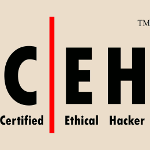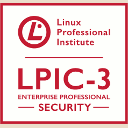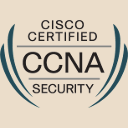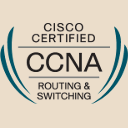Some tools, like PGP, are still stuck1 to legacy cryptography, mainly the RSA algorithm. For such tools, RSA-2048 is often described as strong enough for any foreseeable future, anything above being overkill The GnuPG official documentation in particular even goes this far as considering that using RSA-3027 or RSA-4096 constitutes “an improvement so marginal that it’s really not worth mentioning”, adding that “the way to go would be to switch to elliptical curve cryptography”.
The assertion that this improvement is “marginal” is debatable, as is the trust in the elliptical curves to protect us in the future.
Longer RSA keys
While the NIST considers RSA-2048 to be safe for commercial use up to 2030, it still advises the use of at least a RSA-3072 key for beyond (see BlueKrypt’s Keylength website to get an overview of various recommendations).
Read quickly, such recommendation …









